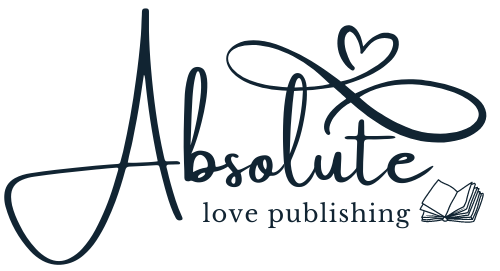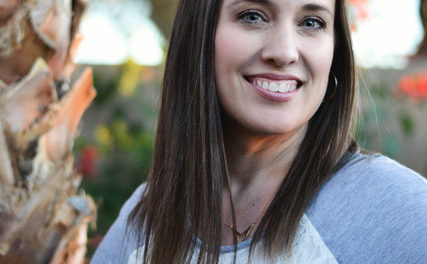 Writer Editing How-To: 15 Common Grammar and Usage Mistakes
Writer Editing How-To: 15 Common Grammar and Usage Mistakes
After penning hundreds or thousands of words in a day toward creating your dream novel or non-fiction masterpiece, it is relatively easy for aspiring writers to lose track of some of the basics. But, making any of these common grammar or usage mistakes can cause even seasoned writers to appear unprofessional or lazy. To ensure an editor doesn’t toss your query, article, or manuscript before it’s even read, watch out for these 15 common mistakes:
1) Confusing its and it’s. Its is possessive, like your. It’s is the conjunction for “it is.”
2) Confusing your and you’re. Your is possessive. You’re is the conjunction for “you are.”
3) Confusing there, their, and they’re. There is a place. Their is possessive. They’re is a conjunction for “they are.”
4) Placing a period outside of a quotation mark. Periods and all end punctuation always go inside the closing quotation mark. Bestselling author Caroline Shearer says, “Today’s women aren’t breaking glass ceilings; we’re creating new buildings.”
5) Using an apostrophe to make numbers or dates plural (e.g., 1970’s.) Correct usage is “1970s,” no apostrophe.
6) Confusing then and than. Then references time (e.g., First, “Adventures of a Lightworker: Dead End Date” was published, and then “Love Like God” was published.) Than is used in comparison (e.g., “Publishing my book with Spirited Press was a much better option than self-publishing with no support.”)
7) Using their after a singular noun (e.g., A writer may not know how to edit their own work.) Correct usage is “his or her.”
8) Confusing loose and lose. Correct usage: “That shirt is too loose,” or “You’re about to lose that spot.”
9) Using of instead of have with would, could, or should. Correct usage is “I would have/could have/should have.”
10) Confusing lightening and lightning. Lightening is present participle of lighten (e.g., I’m lightening my load.) Lightning is a streak of static electricity sometimes present during a rainstorm.
11) Confusing farther and further. Farther is used to compare physical distances. Further is used for everything else.
12) Accidentally typing causal when you mean casual. Since both causal and casual are words, your spell checker won’t catch this. Proofread for errors like this before you submit your work.
13) Confusing advice and advise. Advice is a noun. Advise is a verb.
14) Confusing whose and who’s. Whose is possessive. Who’s is the conjunction for “who is.”
15) Confusing i.e. (that is) with e.g. (for example.)
Bonus Tip: At Absolute Love Publishing, we add a comma before “and” when listing three or more items: “I want to read book one, book two, and book three of the Adventures of a Lightworker series!”
When you are ready to share your message with the world, submit your writing to Absolute Love Publishing.



